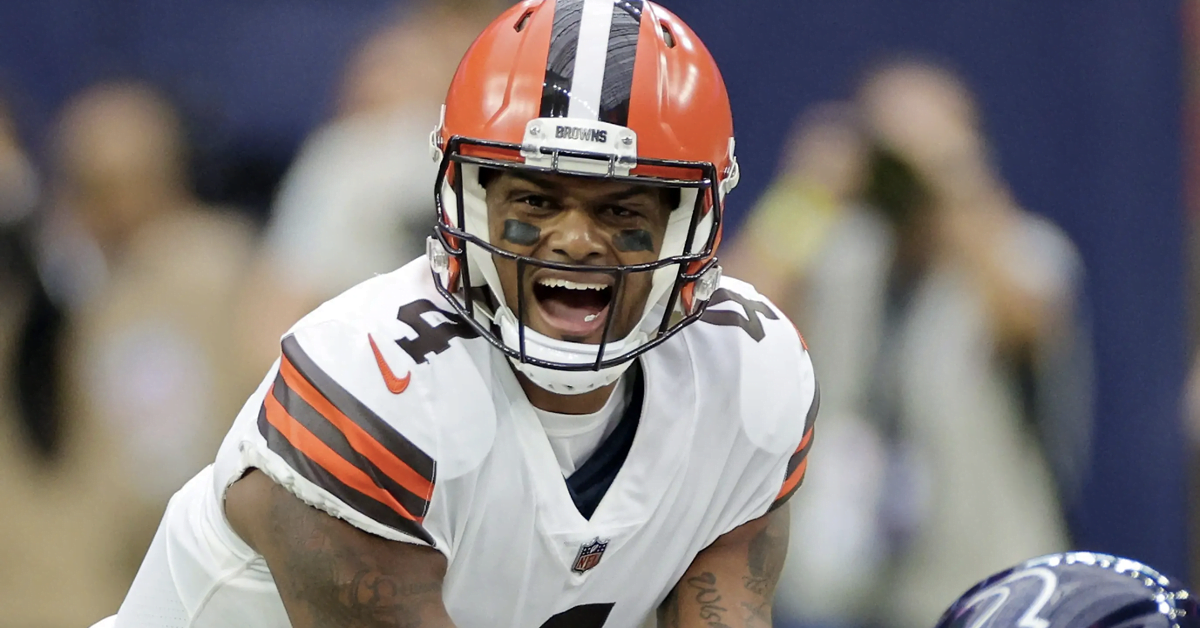
The Cleveland Browns’ decision to sign Joshua Dobbs to a one-year, $2 million contract in the spring was a strategically sound move, considering the challenge of finding competent backup quarterbacks. Dobbs, who had demonstrated potential in a brief stint with the Tennessee Titans, seemed like a fitting choice for the Browns’ offensive strategy, and the contract amount was reasonable for a capable backup.
However, this wise decision was overshadowed by a subsequent poor choice. The Browns’ trade of Dobbs to the Arizona Cardinals in August, which seemed minor at the time, involved an exchange of a fifth-round for a seventh-round draft pick. At first glance, the decision to upgrade a draft pick for a seemingly unnecessary quarterback seemed logical.
Yet, the unpredictable nature of the NFL soon became evident. Deshaun Watson, the Browns’ starting quarterback, had to undergo season-ending shoulder surgery after missing several games due to an injury. With a solid 6-3 record and a favorable remaining schedule, the Browns now face a dilemma in selecting a replacement quarterback, with rookie Dorian Thompson-Robinson, P.J. Walker, or another unforeseen choice as potential candidates.
If the Browns fail to secure a playoff spot, which has been a rare achievement since the 2002 season, the decision to trade Dobbs could be viewed as a significant error, especially considering the minimal return on the trade.
The irony is that Dobbs, who had a stint with the Browns and was released in late November 2022 when Watson returned from suspension, has emerged as a key player for the Minnesota Vikings, contributing to their victories and playoff contention. This contrasts sharply with the Browns’ situation, where they lack a reliable quarterback option in Watson’s absence.
Andrew Berry, the Browns’ general manager, had previously praised Dobbs’ abilities and acknowledged the trade’s future-oriented perspective. Yet, the Browns seemed unprepared for the eventuality of Watson’s absence, with Thompson-Robinson struggling in his unexpected start and Walker being called up from the practice squad.
The Browns’ gamble on Watson’s health and Thompson-Robinson’s readiness to lead in a playoff scenario has proven costly. This situation serves as a reminder of the significant impact even minor NFL transactions can have.
Now, the Browns are in a difficult position, with few viable quarterback options available in mid-November. Names like Philip Rivers, Tom Brady, and Matt Ryan are being mentioned, but their fit with the Browns’ offense and current form are questionable. Even with a strong defense and a solid performance with Watson, the Browns face an uphill battle in a competitive AFC, and their playoff prospects seem dim without a competent quarterback. The trade for a fifth-round pick, in hindsight, appears to be a costly decision.





